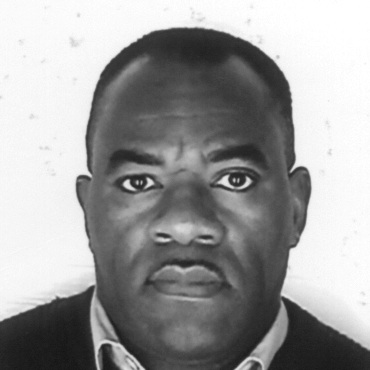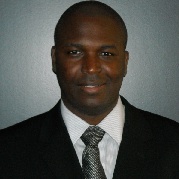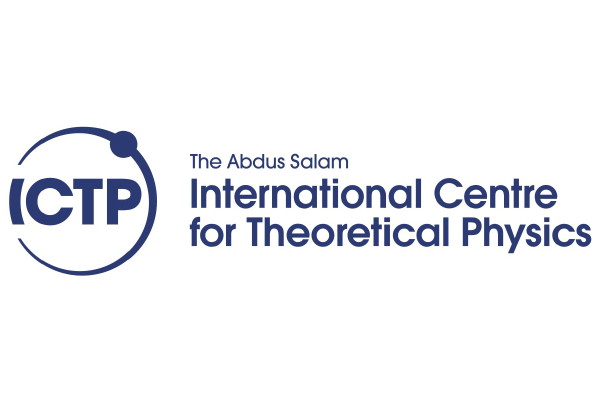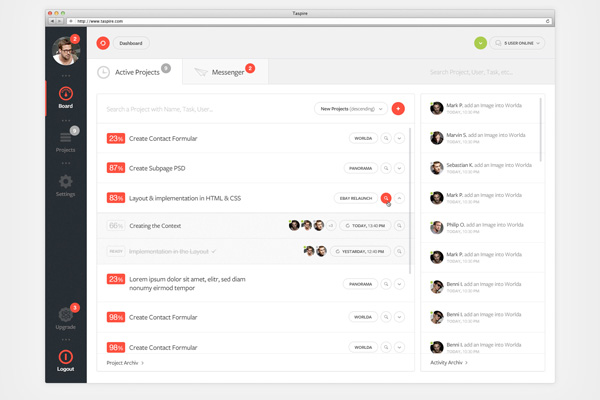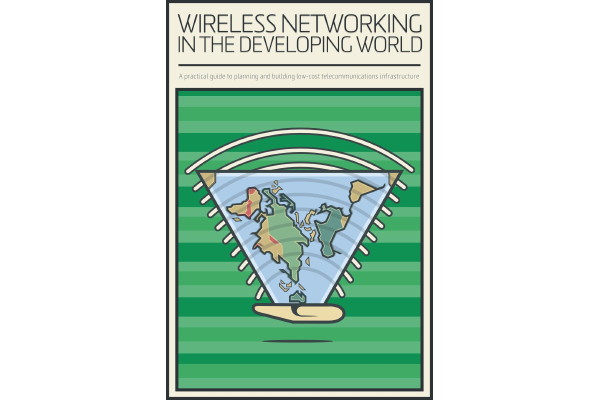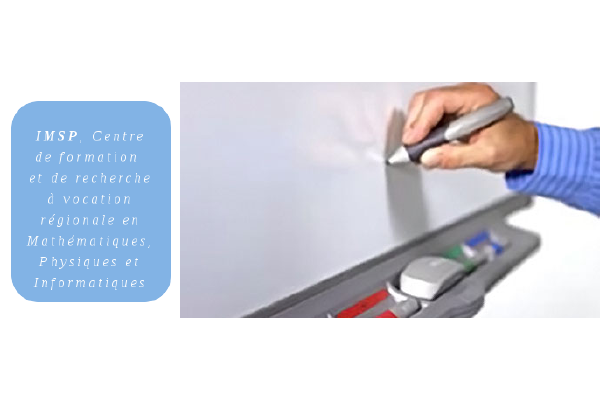MEET OUR AWESOME TEAM
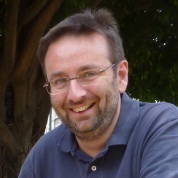
Marco Zennaro
Marco is a Research Officer at the Abdus Salam International Centre for Theoretical Physics. His research interest is in the use of WSN for Development. He holds a PhD from KTH-The Royal Institute of Technology, Sweden.
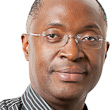
Roch H. Glitho
He is an Associate Professor of Networking and Telecommunications at the Concordia Institute of Information Systems Engineering (Concordia University, Canada). He is also an adjunct professor at the Institut de Mathématiques et Sciences Physiques (IMSP), University of Abomey-Calavi, Republic of Benin. He holds a PhD from KTH-The Royal Institute of Technology, Sweden.
